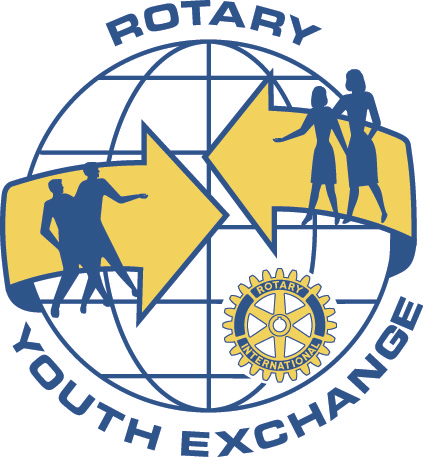As you return home, you are likely to experience some very similar, but possibly surprising reactions that are part of what is known as reverse culture shock, or re‑entry shock. In the first few weeks back, many people feel the effects of jet lag, general exhaustion from lots of changes, fatigue from an overdose of “welcome home” parties, and trying to do and see everything and everyone at once. This flurry of activity can cause a significant degree of disorientation, making it difficult to tell exactly what thoughts and feelings you are having.
Mixed in with all of this are two distinct and often conflicting reactions. One is the same excitement stage as in initial culture shock. It may be very exciting to be back, to see family and friends, to tell about your adventures, and to do things you have missed for a year. If this reaction occurs, it fairly quickly wears off and is replaced by the second stage of culture shock ‑ irritability and hostility. This stage often comes much more quickly than in initial culture shock and can be much more severe and disturbing. It also may be the first reaction you have to coming home, with no excitement stage at all.
There are several reasons that you may not feel excitement at all, or for very long. Remember, when you went abroad initially:
- You wanted to go.
- You expected and looked forward to learning about different things.
- You were warned to expect culture shock.
- Though you may have been sad to leave family and friends, you knew it would not be forever – you knew you were coming back.
Now that you are returning at the end of your exchange year:
- You may not want to come home.
- You may expect things to be just like they were when you left (or at least that things will be very familiar)
- You may not have been sufficiently warned about reverse culture shock (or you didn’t think it would happen to you).
- You may be very sad to leave friends and “family” in your host culture because you know there is a possibility that you may never see them again.
If reverse culture shock is so unpleasant, why not try to avoid it? Because it is impossible if your exchange year has been successful. In fact, the extent to which you immersed yourself in your host culture, and truly adapted, is probably the best indicator of how much reverse culture shock you will experience. People who don’t have much trouble re‑adapting to their native culture probably didn’t get very involved in their host culture. They didn’t change much, so they don’t have to readjust much.

